Key Takeaways:
- Population genomic sequencing involves mapping the genetic makeup of populations to study genetic variations and their implications for health.
- Key global efforts, such as the UK Biobank, All of Us, and the Alliance for Genomic Discovery, aim to enhance personalized medicine and disease prevention.
- These initiatives help identify population-specific genetic markers, enabling advancements in rare disease diagnostics, cancer research, and precision therapeutics.
- Challenges include privacy concerns, data diversity, and interoperability, but the potential benefits for global health and equity are profound.
Population genomic sequencing is revolutionizing the way we understand genetics, health, and disease. By sequencing the genomes of large and diverse populations, scientists aim to uncover genetic variations that influence susceptibility to diseases, response to treatments, and other health outcomes. These insights pave the way for personalized medicine, where prevention and treatment strategies can be tailored to an individual’s genetic profile.
Around the globe, countries and organizations are investing in ambitious genomic initiatives. This article provides an overview of population genomic sequencing, highlights key global efforts, and explores the transformative potential of these programs for healthcare and society.
What is Population Genomic Sequencing?
Population genomic sequencing refers to the large-scale analysis of genomes across diverse groups of individuals. The goal is to catalog genetic variations—such as single nucleotide polymorphisms (SNPs), structural variations, and epigenetic markers—and link these to health outcomes, environmental factors, and lifestyle behaviors.
Objectives of Population Genomic Sequencing:
- Identify Genetic Risk Factors: Understand the genetic basis of common and rare diseases.
- Enhance Precision Medicine: Tailor medical interventions based on genetic insights.
- Improve Drug Discovery: Identify new drug targets and predict drug responses.
- Promote Health Equity: Address gaps in genomic research for underrepresented populations.
Key Global Genomic Sequencing Initiatives
There are many population genomic sequencing initiatives across the globe. Below is a list of some of the largest that are performing whole-genome sequencing.
- UK Biobank (United Kingdom)
Goal: To uncover genetic, environmental, and lifestyle factors affecting health and disease, with a biomedical database describing 500,000 participants.
- Description: Established in 2006, the UK Biobank combines genomic data with comprehensive health records, imaging, and lifestyle information. Whole-genome sequencing (WGS) is complete for all 500,000 participants.
- Impact: The project has led to discoveries in areas such as cardiovascular disease, diabetes, and mental health.
- Innovation: Integration of whole-genome sequencing with deep phenotyping.
- All of Us (United States)
Goal: To build a database of one million diverse participants, reflecting the genetic diversity of the U.S. population.
- Description: This NIH-led initiative focuses on underrepresented communities, ensuring inclusivity in genomic research. WGS is complete for 245,400 participants.
- Impact: The data informs the development of personalized treatments and addresses health disparities.
- Innovation: Combines genomic data with electronic health records, wearable technology, and lifestyle information.
- Alliance for Genomic Discovery (United States)
Goal: To sequence the genomes of 250,000 samples in Vanderbilt University Medical Center’s BioVU biobank.
- Description: The VUMC patient population is highly diverse and representative of national disease burden. WGS is underway for 250,000 samples.
- Impact: This initiative will accelerate development of therapeutics with large-scale genomics.
- Innovation: Richness and depth of the medical record from an academic medical center combined with WGS.
- National Precision Medicine programme (Singapore)
Goal: To accelerate biomedical advancements, enhance economic value, and ultimately transform healthcare in Singapore.
- Description: Singapore is a demographically diverse country, with Chinese, Malay, and Indian populations. In the first phase, a Singapore reference database with 10,000 genomes was created. The second phase, with 100,000 genomes, is currently underway and expected to be complete in 2025.
- Impact: This program will address the underrepresentation of Asian populations in genomic research and address local disease burden.
- Innovation: Coordination between government, health care, and industry.
- Emerati Genome Programme (United Arab Emirates)
Goal: To use genomic data to improve the health of the Emerati population.
- Description: The project aims to sequence more than one million of UAE’s total population of approximately ten million As of November 2024, 600,000 samples have been sequenced.
- Impact: Enable precision medicine in the UAE.
- Innovation: 100,000 of the samples processed to date have been sequenced with long-read technology.
- Tohoku Medical Megabank Organization (Japan)
Goal: To develop a biobank that combines medical and genomic information, during the process of rebuilding the community medical system following the Great East Japan Earthquake of 2011.
- Description: Sequencing of 150,000 individuals, 100,000 of which are complete as of December 2024.
- Impact: This project will address the underrepresentation of Asian populations in genomic research, and study genetic associations with diseases prevalent in Japan.
- Innovation: Integration of metabolomics and microbiomics, among other approaches.
Potential Impact on Global Health and Personalized Medicine
Population genomic sequencing offers transformative potential for global health. Key impacts include:
- Personalized Medicine
- Tailored treatments based on genetic profiles improve efficacy and reduce side effects.
- For example, pharmacogenomics guides drug prescriptions to match genetic predispositions in drug metabolism and response.
- Early Disease Detection
- Genetic markers identified through sequencing enable early diagnosis of conditions like cancer, diabetes, and cardiovascular diseases.
- Rare Disease Research
- Population-wide sequencing enhances the identification of rare genetic mutations, expediting diagnosis and treatment development.
- Health Equity
- Including underrepresented populations in genomic research addresses disparities in healthcare and improves outcomes for diverse groups.
- Drug Development
- Genetic insights accelerate the discovery of novel drug targets and improve clinical trial designs.
Challenges in Population Genomic Sequencing
- Data Privacy and Security
- Ensuring the confidentiality of genomic data is critical. Robust encryption and ethical guidelines are required to protect participants.
- Diversity in Representation
- Many genomic studies are skewed toward European populations, limiting the applicability of findings to other groups. Global efforts must focus on inclusivity.
- Interoperability
- Harmonizing data across projects and regions is essential to enable meaningful comparisons and meta-analyses.
- Ethical Considerations
- Informed consent, data ownership, and the return of results to participants pose ethical challenges.
- Cost and Scalability
- Sequencing technologies must become more affordable and accessible to ensure widespread participation.
Future Directions
- Artificial Intelligence and Big Data Analytics: AI-driven tools will enhance the analysis of complex genomic datasets.
- Integration with Multi-Omics: Combining genomic data with proteomics, transcriptomics, and metabolomics provides holistic insights into biological systems.
- Global Collaborations: Initiatives like the Global Alliance for Genomics and Health (GA4GH) aim to create shared frameworks for data sharing.
- CRISPR and Gene Editing: Population genomics will inform the development of gene-editing therapies.
Conclusion
Population genomic sequencing represents a paradigm shift in healthcare, offering the promise of personalized medicine and equitable health outcomes. As global efforts expand, the insights gained will not only transform our understanding of human genetics but also address pressing public health challenges. While ethical and logistical hurdles remain, the collaborative nature of these projects ensures a future where genomic research benefits all of humanity.
Sources
- UK Biobank. (2024). https://www.ukbiobank.ac.uk/
- All of Us Research Program. (2024). https://allofus.nih.gov/
- Alliance for Genomic Discovery (2024). https://nashbio.com/agd/
- Precision Health Research, Singapore. (2025). https://www.npm.sg/about-us/our-story/
- Ateia, H, et al. (2023). Population genome programs across the Middle East and North Africa: successes, challenges, and future directions. https://pmc.ncbi.nlm.nih.gov/articles/PMC10601860/
- Department of Health – Abu Dhabi, M42 and Khalifa University highlight emirate’s genomics and precision medicine advancements at American Society of Human Genetics Annual Meeting. (2024). https://www.mediaoffice.abudhabi/en/health/department-of-health-abu-dhabi-m42-and-khalifa-university-highlight-emirates-genomics-and-precision-medicine-advancements-at-american-society-of-human-genetics-annual-meeting/
- Tohoku Medical Megabank Organization. (2025). https://www.megabank.tohoku.ac.jp/english/about/outline/
- Landmark Japanese study reaches 100,000 genomes. (2024). https://www.illumina.com/company/news-center/feature-articles/ToMMo-reaches-100K-genomes.html


